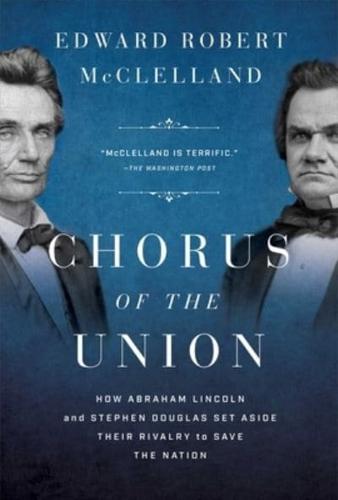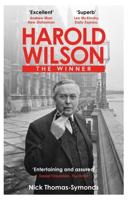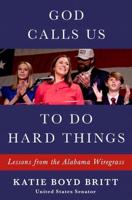Publisher's Synopsis
An impassioned and timely exploration of Abraham Lincoln's long-time rivalry--and eventual alliance--with Stephen Douglas.
Abraham Lincoln and Stephen Douglas are a misunderstood duo. History remembers them as antagonists, and for most of the years the two men knew each other, they were. In the 1830s, they debated politics around the stove in the back of Joshua Speed's store in Springfield, Illinois. In the 1850s, they disagreed over the Kansas-Nebraska Act and debated slavery as opponents for a Senate seat. In 1860, they both ran for president. Lincoln and Douglas ended as allies, though, against the greatest threat--slavery--that our country has ever faced. When Douglas realized he was going to lose the 1860 election, he stopped campaigning for himself and went South to persuade the slave states to accept Lincoln as president. After that effort failed, and the newly formed Confederate States of America bombed Fort Sumter, Douglas met with Lincoln to discuss raising an army. The story of how Lincoln and Douglas put aside their rivalry to work together for the preservation of the Union has important lessons for our time. We have just been through a presidential election where the loser refused to concede defeat, with violent consequences. Not only did Douglas accept his loss, he spent the final days of his campaign barnstorming the country to build support for his opponent's impending victory, setting aside his long-held desire for the presidency for the higher principle of national unity. Also, by focusing on the importance of Illinois to Lincoln's political development, Chorus of the Union will challenge the notion that he was an indispensable "great man." Lincoln was the right person to lead the country through the Civil War, but he became president because he was from the right place. Living in Illinois provided Lincoln the opportunity to confront Douglas over the Kansas-Nebraska Act. The debates with Douglas during the 1858 Senate campaign brought him the fame and prestige to contend for the Republican presidential nomination in 1860. Lincoln's moderate views on slavery, which he developed in the swing region of a swing state, made him the ideal candidate for an election that had sweeping historical consequences.







